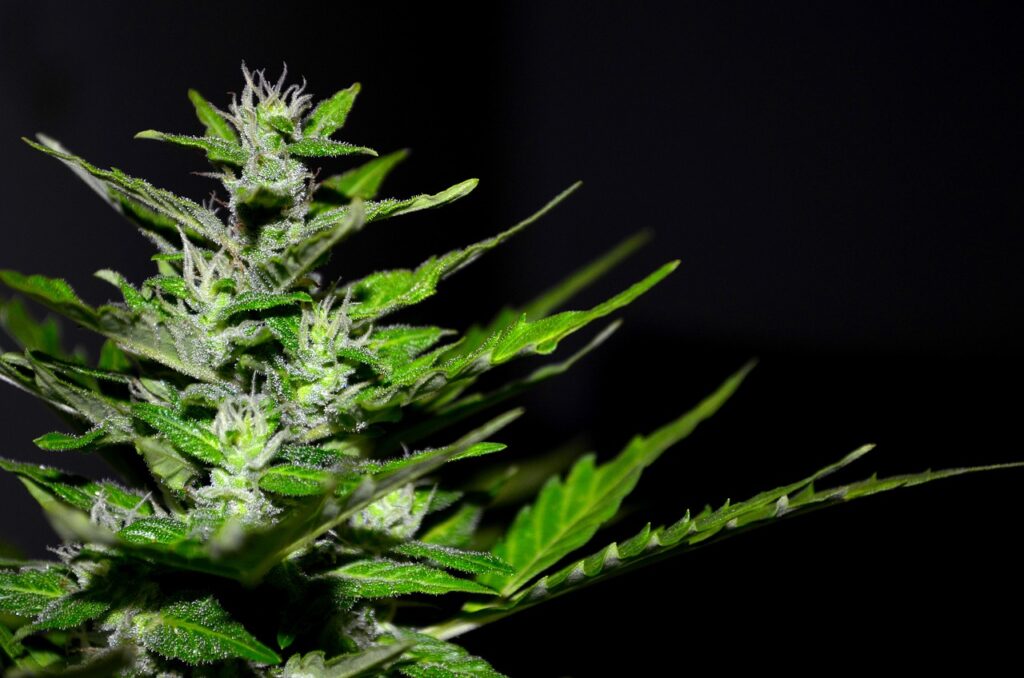-
Table of Contents
THCA Flower: Discovering the Benefits of Non-Psychoactive Cannabis
In recent years, the cannabis industry has seen a surge in interest surrounding non-psychoactive compounds. One such compound is THCA (tetrahydrocannabinolic acid), which is gaining attention for its potential health benefits without the high associated with THC (tetrahydrocannabinol). This article explores the benefits of THCA flower, its uses, and the science behind its effects.
What is THCA?
THCA is a cannabinoid found in raw and live cannabis plants. Unlike THC, THCA does not produce psychoactive effects. This is because THCA must be decarboxylated (exposed to heat) to convert into THC. In its raw form, THCA remains non-psychoactive, making it an attractive option for those seeking the therapeutic benefits of cannabis without the high.
Health Benefits of THCA
Research into THCA is still in its early stages, but preliminary studies and anecdotal evidence suggest several potential health benefits:
- Anti-inflammatory Properties: THCA has shown promise in reducing inflammation, which can be beneficial for conditions such as arthritis and inflammatory bowel disease.
- Neuroprotective Effects: Some studies indicate that THCA may help protect brain cells, potentially offering benefits for neurodegenerative diseases like Alzheimer’s and Parkinson’s.
- Anti-emetic Effects: THCA may help reduce nausea and vomiting, making it a potential option for patients undergoing chemotherapy or those with chronic conditions that cause nausea.
- Antioxidant Properties: THCA has been found to have antioxidant properties, which can help protect cells from damage caused by free radicals.
Case Studies and Research
Several case studies and research projects have highlighted the potential benefits of THCA:
Anti-inflammatory Effects
A study published in the journal Pharmacology & Pharmacy found that THCA exhibited significant anti-inflammatory effects in animal models. The researchers concluded that THCA could be a promising treatment for inflammatory conditions.
Neuroprotective Properties
Research conducted by the University of British Columbia demonstrated that THCA has neuroprotective properties. The study found that THCA could help protect brain cells from oxidative stress, which is a contributing factor in neurodegenerative diseases.
Anti-emetic Benefits
A case study involving a patient undergoing chemotherapy reported that THCA helped reduce nausea and vomiting. The patient experienced significant relief without the psychoactive effects of THC, highlighting the potential of THCA as an anti-emetic treatment.
How to Use THCA Flower
There are several ways to incorporate THCA flower into your wellness routine:
- Raw Consumption: Consuming raw cannabis leaves or flowers in smoothies or salads can provide THCA without the need for heating.
- Juicing: Juicing raw cannabis is another popular method to obtain THCA. This method preserves the cannabinoid in its natural form.
- Tinctures and Oils: Some companies offer THCA tinctures and oils, which can be taken sublingually for quick absorption.
- Topicals: THCA-infused topicals can be applied directly to the skin for localized relief from inflammation and pain.
Legal Status of THCA
The legal status of THCA varies by region. In some areas, THCA is considered legal as long as it is not decarboxylated into THC. However, regulations are constantly evolving, so it is important to stay informed about the laws in your area.
Consumer Experiences
Many consumers have reported positive experiences with THCA flower. For example, a user suffering from chronic pain noted significant relief after incorporating THCA into their regimen. Another individual with anxiety found that THCA helped manage their symptoms without the psychoactive effects of THC.
Conclusion
THCA flower offers a promising alternative for those seeking the therapeutic benefits of cannabis without the high. With its potential anti-inflammatory, neuroprotective, anti-emetic, and antioxidant properties, THCA is an exciting area of research and application. As more studies emerge, the understanding of THCA’s benefits will continue to grow, providing new opportunities for health and wellness.
